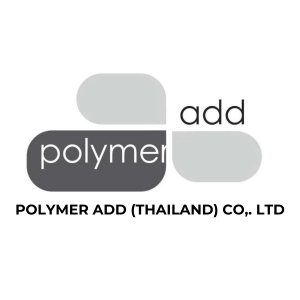Sodium antimonate finds several applications in the glass industry, primarily due to its ability to modify the optical and physical properties of glass. Here are some common uses:
Refining Agent
Sodium antimonate is used as a refining agent in the glass manufacturing process. It helps to remove bubbles and other impurities from molten glass, resulting in a clearer and more transparent final product. By facilitating the removal of undesirable particles, sodium antimonate contributes to the production of high-quality glass with improved optical clarity.
Flux
Sodium antimonate acts as a flux in glass formulations, lowering the melting point of the glass batch and promoting the fusion of silica and other components at lower temperatures. This helps to reduce energy consumption during the glass melting process and improve the efficiency of glass production. Additionally, sodium antimonate can aid in the homogenization of glass melts, ensuring uniform composition and properties throughout the glass batch.
Lead-Free Glasses
In recent years, there has been growing interest in the development of lead-free glasses due to concerns about the environmental and health impacts of lead. Sodium antimonate is often used as a replacement for lead compounds in glass formulations, particularly in lead-free crystal glassware and decorative glass objects. By substituting lead with sodium antimonate, manufacturers can produce glass products that are safer and more environmentally friendly without compromising on optical clarity or brilliance.
Optical Glasses
Sodium antimonate can be incorporated into optical glasses to modify their refractive index and dispersion properties. By adjusting the composition of the glass with sodium antimonate, manufacturers can tailor the optical characteristics of the glass to meet specific requirements for applications such as lenses, prisms, and optical fibres.
Colorants
In some cases, sodium antimonate may be used as a colorant in glass formulations to impart specific hues or tints to the glass. By controlling the concentration of sodium antimonate and other additives, manufacturers can achieve a wide range of colors and effects in glass products, from clear and colorless to tinted or opaque.
Overall, sodium antimonate plays a crucial role in the glass industry by contributing to the production of high-quality, refined, and lead-free glasses with tailored optical and physical properties. Its versatility and effectiveness make it a valuable additive in various glass formulations and manufacturing processes.
